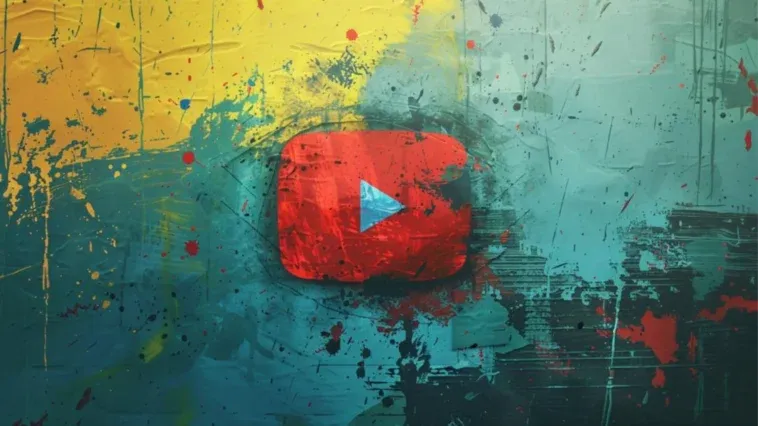(Reclaim The Net) US federal law enforcement and courts have gone a step further in the extreme efforts they are making to surveil people’s activities online, including on Google’s vast platforms.
The latest is that the tech giant gets orders to identify all people who happen to be watching certain videos or livestreams on YouTube.
After directly censoring creators and channels, giving geolocation data of its users to the authorities in response to the controversial geofencing warrants, this is a new example of how Google can be used and abused in dragnet-style “investigations.”
Unmasking everyone who watched a particular video is similar to geofencing in that it makes everyone a suspect – and this, a number of experts and rights groups believe, is unconstitutional, i.e., in violation of the 4th Amendment, that protects from unreasonable searches.
Forbes writes that it has had access to several orders that name certain YouTube videos, citing one unsealed case originating in Kentucky and having to do with people viewing content posted by a user who law enforcement suspects of money laundering for selling bitcoin for cash.
Undercover agents had contacted the user, sending links to drone mapping and AR tutorials, to next turn to Google, asking to be told who watched the videos.
The videos had more than 30,000 views, and a court ordered that any user who did, between January 1 and 8, 2003, must be thoroughly unmasked.
The order wanted names, addresses, phone numbers, and account activity of each Google user, and IP addresses of everyone who watched the videos without an account.
“It’s fair to expect that law enforcement won’t have access to that (sensitive personal) information without probable cause,” commented Electronic Privacy Information Center’s John Davisson. “This order turns that assumption on its head.”
When the police asked for the order to be issued, they stated, “There is reason to believe that these records would be relevant and material to an ongoing criminal investigation.”
Although Google complied with the demand to keep silent about all this until the records were unsealed last week, according to Forbes, they “do not show whether or not Google provided data in the case.”






